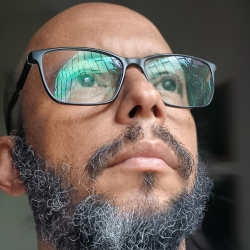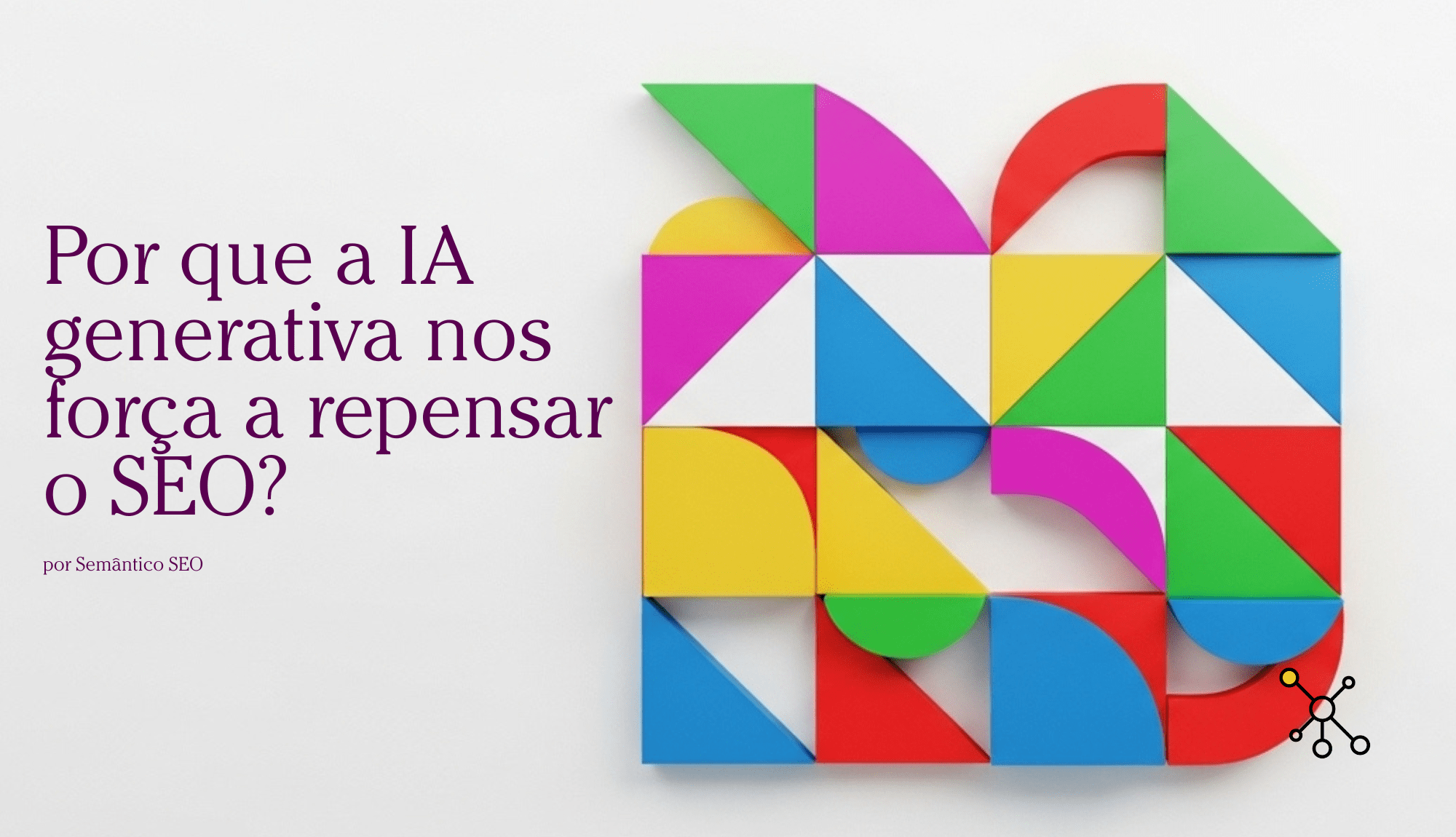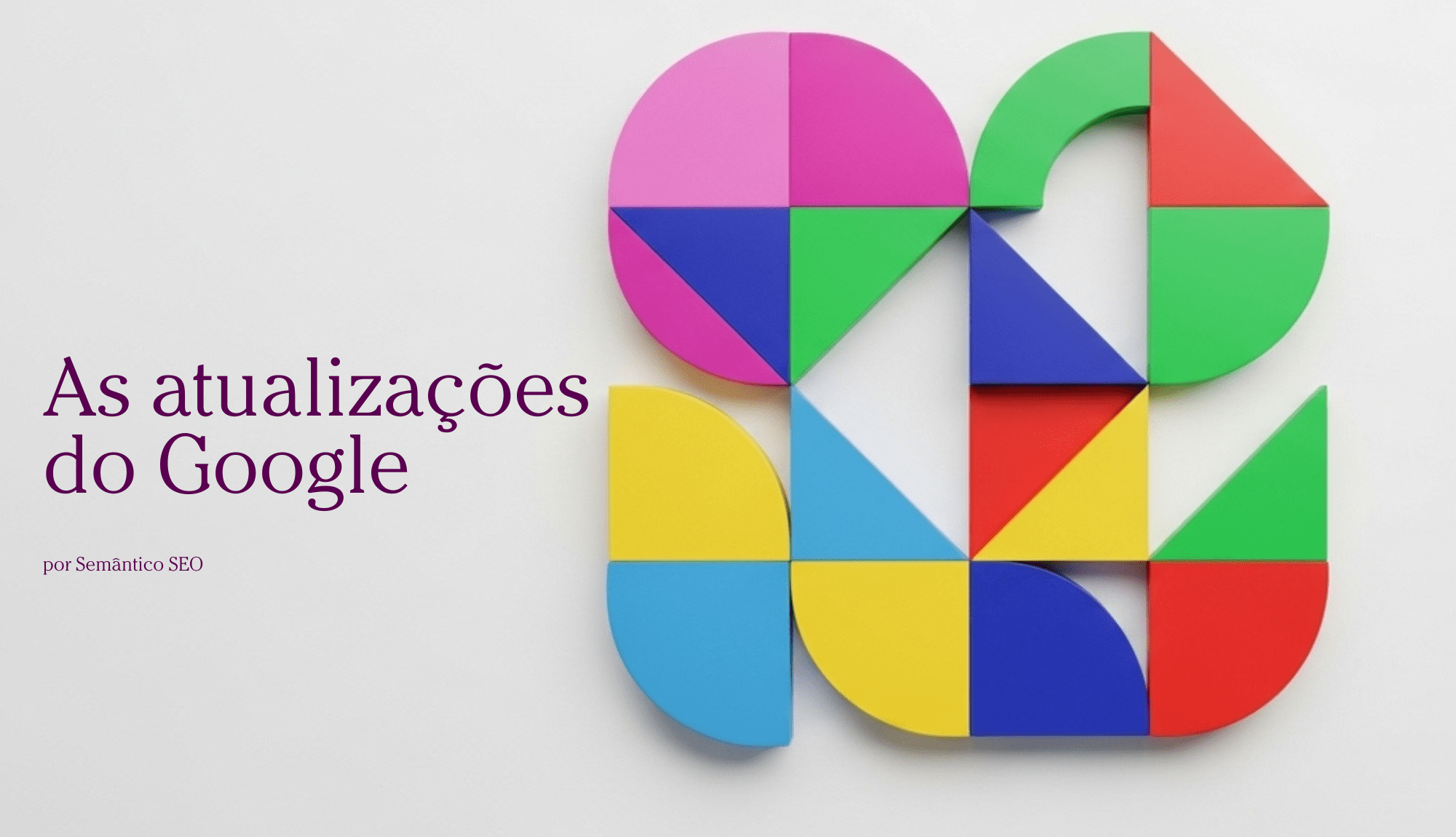experiência
Em epistemologia, experiência é o contato epistêmico (geralmente perceptual) direto e característico com aquilo que se apresenta a uma fonte cognitiva de informações (faculdades mentais como a percepção, a memória, a imaginação e a introspecção). Para alguns filósofos (Descartes, por exemplo) aquilo que se dá a qualquer uma dessas faculdades é experiência (embora ele não utilize essa palavra, mas sim a palavra pensamento). A experiência não é produto do seu conteúdo ou insumo, o experimentado, nem se reduz à experimentação do experimentado. Ela é o contato direto com certo conteúdo no modo característico de se dar à experiência desse conteúdo. Ao olhar para a tela do computador, cada um tem a experiência característica de uma tela de computador. Ao olhar para a grama, experiência característica de grama. Ao tomar vinho, experiência característica de vinho. Wilhelm Dilthey (Estudos sobre os fundamentos da ciências do espírito, 1883 e Teoria das concepções do mundo, 1910) e Hans-Georg Gadamer (Verdade e Método, 1960) discutem esta questão a partir de dois distintos termos da língua alemã (Erlebnis) e (Erfahrung) para o termo experiência. Erlebnis seria a experiência imediata e vivida na qualidade de realidade unitária e Erfahrung seria a experiência refletida.



Publicar comentário